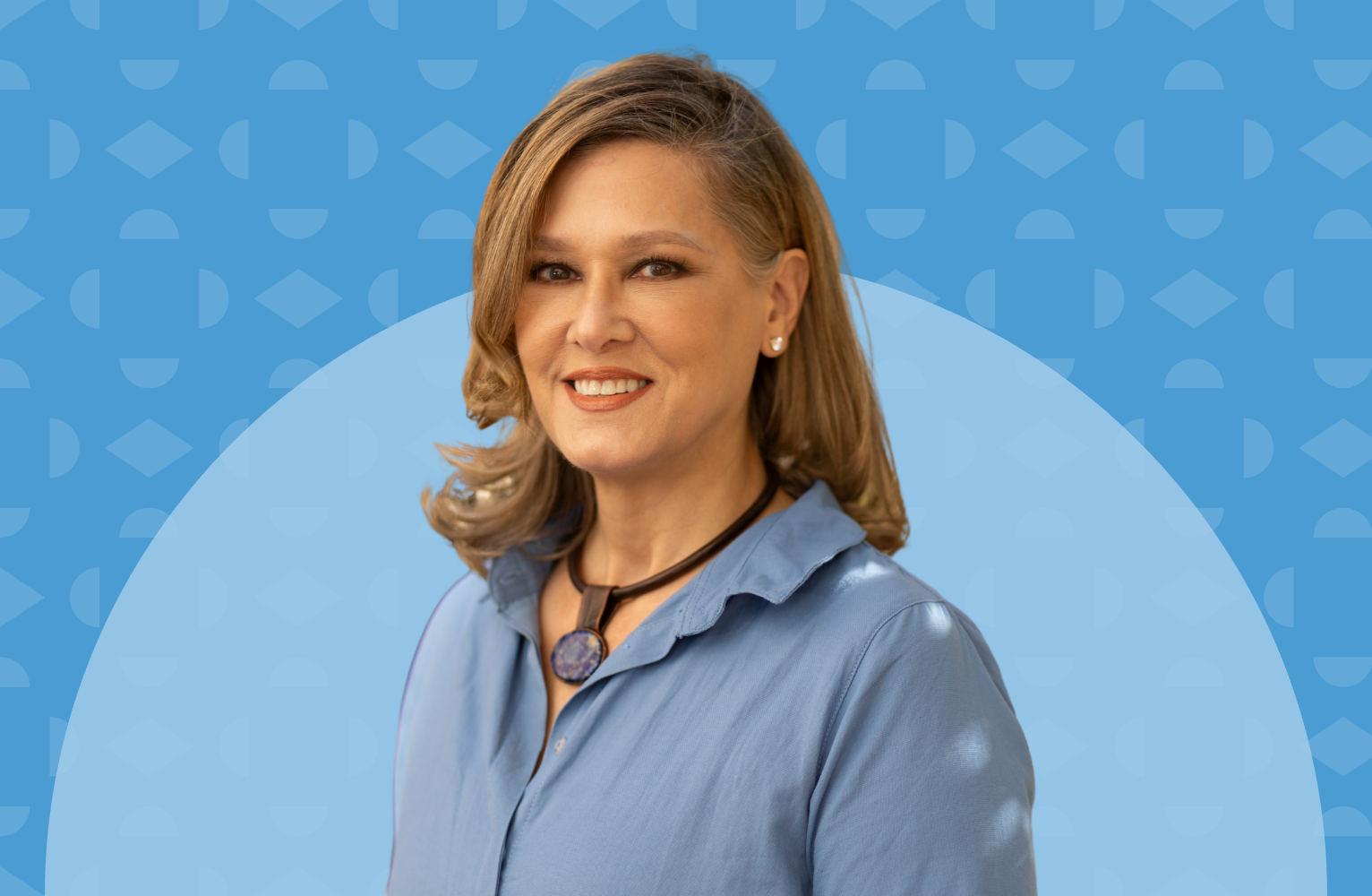
Katrijn Gielens, Sarah Graham Kenan Scholar and professor of marketing at UNC Kenan-Flagler Business School, on the retail strategy behind Black Friday
Katrijn Gielens first began studying retail strategy and dynamics as a Ph.D. student and has never stopped. She finds the field fascinating, because it’s highly dynamic, is driven by what she calls “Hidden Power” – a group of international retail conglomerates that determine how goods are delivered to consumers and at what price – and takes place largely under the consumer’s radar.
Retailers work in a highly competitive space with very thin margins, and currently face a tough market. The post-COVID sales boom is over, and we’re now in a cautious economy in which many Americans have maxed out their credit lines.
For retailers, Black Friday is the mega event that is guaranteed to bring consumers into both their digital and brick and mortar stores. And this year, like any other, it has them asking themselves, “How do I reach consumers? And is it worth it to offer deep discounts that further cut into my margins?”
How is Black Friday strategic, and challenging, for retailers?
GIELENS: The consumers themselves are what have changed the most and now present the biggest challenge to retailers. The digital retail model enabled consumers to shop anywhere, anytime, and easily find the lowest price for goods. This created the monster consumer, who now wants exactly what they want, all the time, and without paying for it (whether that means paying rock bottom prices or receiving services – like shipping – for free). Retailers have to find their unique selling proposition to reach consumers, on Black Friday or any other day.
Black Friday will continue to be important for retailers, because it drives consumers to stores. We also know that the moment prices go down, sales numbers consistently go up. The basic strategy is that retailers will try to use Black Friday to drive up sales, but not just sales of discounted goods.
This is a lot easier to do in a brick and mortar setting, and it’s why so few digital-only retailers have survived. In person it’s easier to tempt people with products they weren’t initially interested in and cross-sell other items or up-sell. For instance, this might look like a consumer walking into Best Buy because of a Black Friday sales promotion but then deciding, “If I’m going to buy a new TV, I’d really like to get this one instead.”
Retailers face much harsher competition online, and everything is much more price-focused online. Consumers also tend to behave more rationally when shopping online. So retailers will work hard to bring consumers into their physical stores.
Distinguished and named professorships support renowned scholars and propel research at Carolina. These privately funded endowments help attract and retain the academic leaders of today, ensuring a state-of-the-art education for all Tar Heels.
As told to Audrey Smith
Portrait submitted by subject
Related Stories




